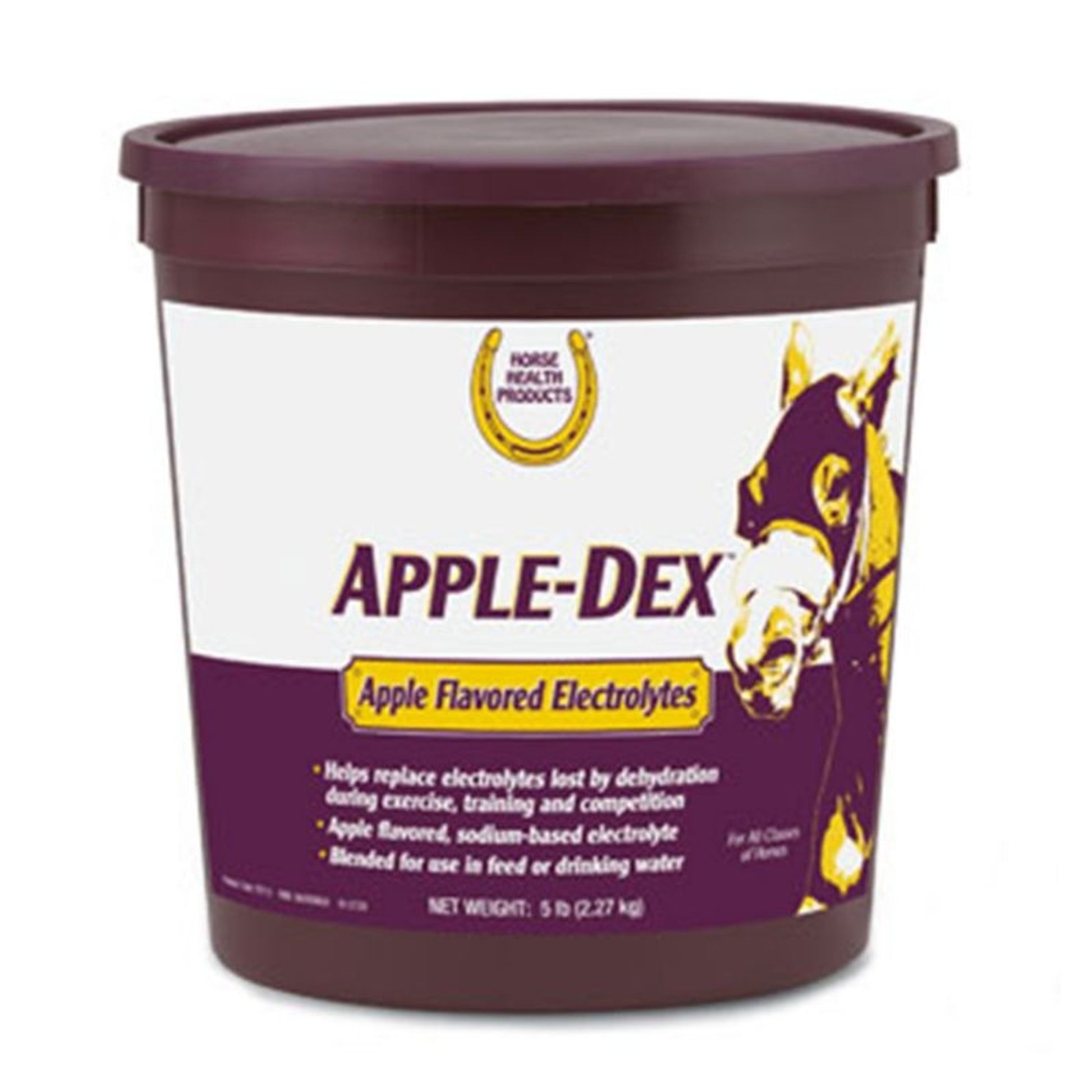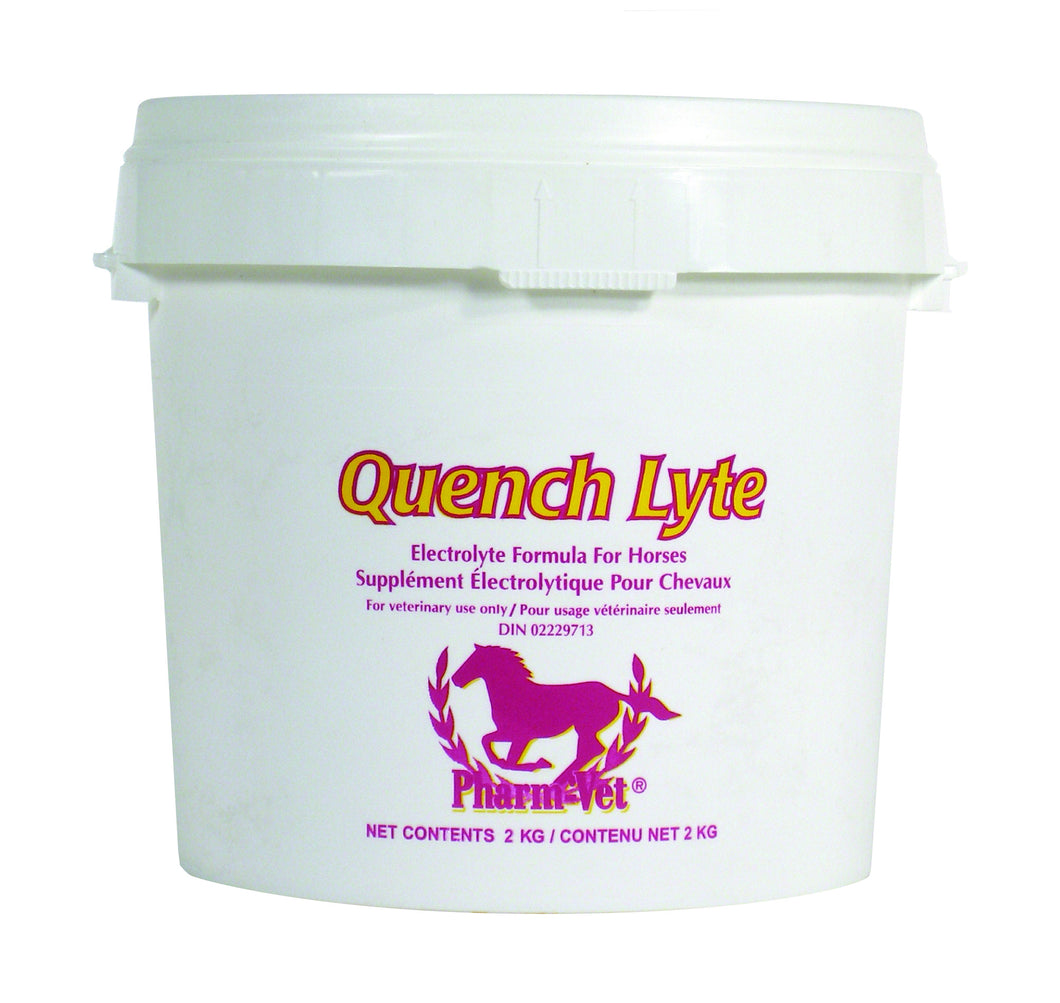Electrolyte Replacement Strategies for Your Horse

Maintaining proper electrolyte balance is crucial for your horse’s health, especially during periods of intense exercise, hot weather, or illness. Electrolytes such as sodium, potassium, calcium, magnesium, and chloride play vital roles in muscle function, hydration, and nerve signaling.
Understanding Electrolytes and Their Importance
| Electrolyte | Role in the Body | Common Sources in Horse Diet |
|---|---|---|
| Sodium | Regulates fluid balance and nerve function | Salt blocks, commercial supplements |
| Potassium | Supports muscle contractions and heart function | Forage, grains, supplements |
| Calcium | Essential for bone health and muscle function | Hay, grains, supplements |
| Magnesium | Involved in enzyme reactions and muscle relaxation | Forage, supplements |
| Chloride | Helps maintain acid-base balance and hydration | Salt blocks, supplements |
Signs Your Horse May Need Electrolyte Replacement
- Excessive sweating
- Dehydration
- Muscle weakness or cramping
- Lethargy or decreased performance
- Dry mucous membranes
Effective Electrolyte Replacement Strategies
1. Provide Access to Clean, Fresh Water
Water is essential for electrolyte balance. Always ensure your horse has unlimited access to clean, fresh water to prevent dehydration.
2. Use Electrolyte Supplements
Electrolyte powders, pastes, or blocks can be added to your horse’s diet, especially during heavy work or hot weather. Choose products formulated specifically for horses.
3. Adjust Diet to Include Electrolyte-Rich Feeds
Incorporate feeds high in essential minerals, such as alfalfa hay for calcium and potassium, or commercial feeds fortified with electrolytes.
4. Monitor and Replace Electrolytes During and After Exercise
For horses engaged in prolonged or intense exercise, provide electrolyte supplements before, during, and after activity to replenish losses.
5. Consult a Veterinarian
If your horse shows signs of severe electrolyte imbalance or illness, seek veterinary advice for appropriate treatment.
Sample Electrolyte Replacement Schedule
| Activity Level | Electrolyte Supplement Frequency | Notes |
|---|---|---|
| Light work | 1-2 times per week | Monitor hydration status |
| Moderate work | Daily during hot weather or heavy sweating | Increase water intake |
| Intense work/competition | Before, during, and after exercise | Use balanced electrolyte formulas |
Frequently Asked Questions (FAQ)
Q1: Can I use human electrolyte supplements for my horse?
A1: No, human supplements often contain ingredients harmful to horses. Always use equine-specific products.
Q2: How do I know if my horse is dehydrated?
A2: Signs include sunken eyes, dry gums, lethargy, and decreased skin elasticity.
Q3: Are electrolyte supplements safe for all horses?
A3: Generally yes, but always follow dosage instructions and consult your vet if unsure.
Q4: Can electrolyte imbalance cause colic?
A4: Yes, severe imbalances can disrupt gut function and lead to colic.
Conclusion
Proper electrolyte management is essential for your horse’s well-being and performance. By understanding the roles of key minerals, recognizing signs of imbalance, and implementing effective replacement strategies, you can help keep your horse healthy and hydrated year-round.
